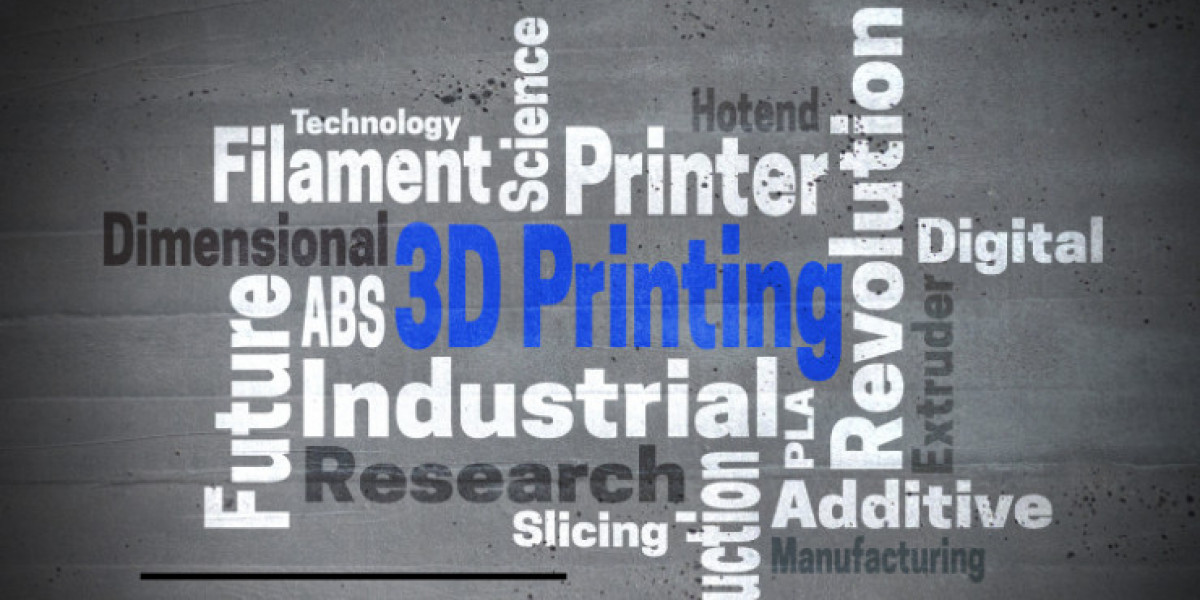Dubai has played a pivotal role in the development and adoption of 3D printing technology in the Middle East region. As a hub for innovation and technology, the city has embraced additive manufacturing and positioned itself as a leader in the region. Here's a detailed analysis of Dubai's role in the growth of 3D printing:
Pioneering Initiatives and Investments
Dubai has been at the forefront of promoting and investing in 3D printing technology. The government has launched several initiatives to encourage the adoption of this technology across various sectors.
a. Dubai 3D Printing Strategy In 2016, Dubai unveiled the "3D Printing Dubai Strategy," a comprehensive plan aimed at exploiting the potential of 3D printing and positioning the city as a global hub for this technology. The strategy outlines several objectives, including promoting the use of 3D printing in construction, medical products, and consumer products.
b. Dubai Future Foundation The Dubai Future Foundation (DFF) has played a crucial role in fostering innovation and supporting the development of emerging technologies, including 3D printing. The DFF has established partnerships with leading international companies and research institutions to accelerate the adoption of 3D printing in Dubai.
Infrastructure and Facilities
To support the growth of 3D printing, Dubai has invested in establishing world-class infrastructure and facilities.
a. Dubai 3D Printing Zone The Dubai 3D Printing Zone, located in the heart of Dubai, is a dedicated hub for 3D printing companies, research institutions, and startups. This zone offers state-of-the-art facilities, including 3D printing labs, prototyping centers, and training facilities.
b. 3D Printing Research Centers Dubai is home to several research centers focused on advancing 3D printing technology. For instance, the Mohammed Bin Rashid Space Centre (MBRSC) has established a 3D printing facility to develop and test 3D-printed components for space applications.
Industry Adoption and Use Cases
Dubai has been at the forefront of adopting 3D printing technology across various industries, showcasing its versatility and potential.
a. Construction and Architecture One of the most prominent applications of 3D printing in Dubai has been in the construction and architecture sectors. The city has witnessed the construction of several 3D-printed buildings and structures, including the world's first 3D-printed office building and the 3D-printed residential building project by Apis Cor.
b. Healthcare and Medical Applications Dubai has also embraced 3D printing in the healthcare sector. Companies like Sinterex have been producing 3D-printed dental implants and prosthetics, while researchers at the Mohammed Bin Rashid University of Medicine and Health Sciences have developed 3D-printed surgical guides and medical devices.
c. Aerospace and Aviation The aviation and aerospace industries in Dubai have leveraged 3D printing for the production of lightweight and customized components. Companies like Emirates Airlines and Strata Manufacturing have adopted 3D printing for producing aircraft cabin components and interior parts.
Fostering Innovation and Startups
Dubai has created an ecosystem that fosters innovation and supports startups in the 3D printing industry.
a. 3D Printing Incubators and Accelerators Initiatives like the Dubai Future Accelerators and the Aerospace and 3D Printing Incubator have been established to support startups and entrepreneurs in the 3D printing sector. These programs provide funding, mentorship, and access to resources and facilities.
b. Dubai Future Foundation's 3D Printing Initiative The Dubai Future Foundation has launched a dedicated 3D printing initiative aimed at supporting local and international companies working in the field of 3D printing. This initiative provides funding, training, and networking opportunities to promote innovation in 3D printing.
Regional Influence and Knowledge Sharing
Dubai's efforts in promoting 3D printing have had a ripple effect across the Middle East region.
a. Knowledge Transfer and Training Dubai has hosted numerous conferences, workshops, and training programs focused on 3D printing, attracting participants from across the region. These events have facilitated knowledge transfer and skill development, contributing to the broader adoption of 3D printing in the Middle East.
b. Regional Partnerships and Collaborations Dubai has established partnerships and collaborations with other countries in the region to share expertise and promote the adoption of 3D printing technology. For instance, the Dubai Future Foundation has signed agreements with organizations in Saudi Arabia and Bahrain to foster collaboration in 3D printing.
In conclusion, Dubai has played a pivotal role in driving the development and adoption of 3D printing technology in the Middle East region.
Through pioneering initiatives, investments in infrastructure, industry adoption, fostering innovation, and knowledge sharing, the city has positioned itself as a global hub for 3D printing and a catalyst for the region's technological advancement.







